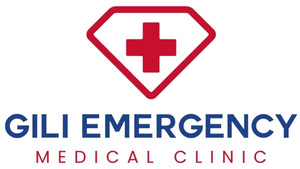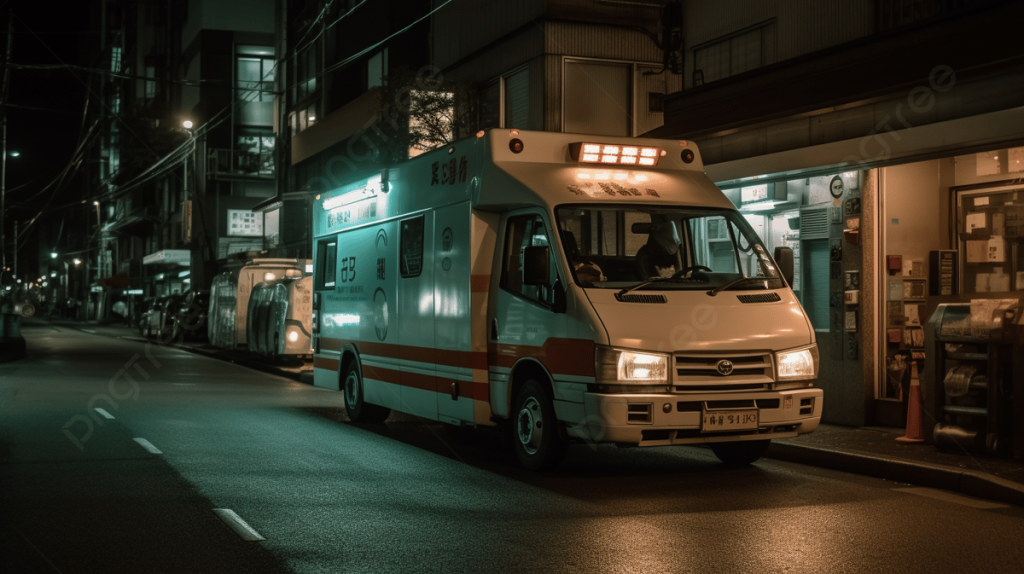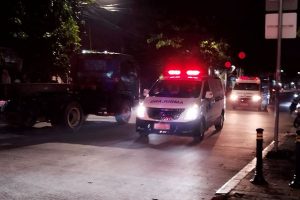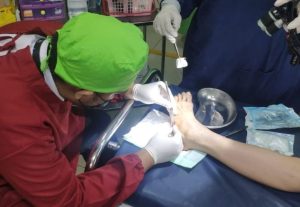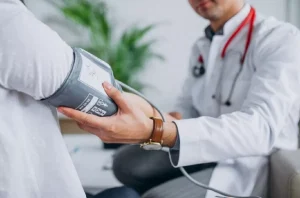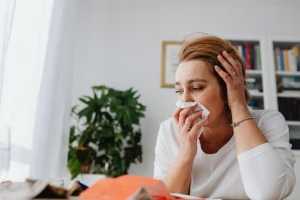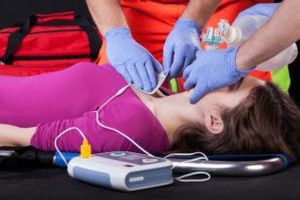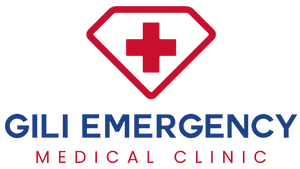Picture this: you’re chilling on Gili Meno, waves whispering at the shore, stars painting the sky like fairy dust. Everything feels like a dream. Then suddenly—bam—someone gets sick in the middle of the night. No big hospitals, no cars, just sandy paths and the sound of crickets. Kinda scary, right? That’s when the Gili Meno night ambulance (a.k.a. Ambulance Gili) rolls into action. With the backup of Gili medical service and a local Gili doctor, it turns “uh-oh” moments into “thank goodness” moments.
Why a Night Ambulance Is Vital on Gili Meno
Islands = isolation, especially at night
Living or vacationing on a tiny island like Gili Meno is magical—until you need urgent medical care at 2 a.m. There are no big hospitals here. Just sandy lanes, lantern-lit cafés, and small clinics. If something serious happens, the clock ticks louder. That’s why Ambulance Gili is literally a lifeline.
Common nighttime emergencies
Here’s what usually sends people dialing for help after dark:
-
Bike crashes on sandy paths (yes, even on bicycles).
-
Stomach bugs or food poisoning that hit hard.
-
Breathing problems, asthma flare-ups, heart issues.
-
Cuts, infections, or tropical fever complications.
-
Pregnancy emergencies or sudden pain.
-
Booze-related accidents (yep, happens more than you think).
When the stars are out and everyone’s asleep, the island’s emergency system needs to be wide awake.
How Ambulance Gili Operates: Mechanics & Logistics
1. The base and the crew
The night ambulance usually parks near a central hub on Gili Meno. The team includes:
-
A Gili doctor (on call, ready for action).
-
Paramedics who know their stuff about tropical health.
-
A coordinator to manage boat transfers and mainland hospitals.
The van (or sometimes cart) is stocked with oxygen tanks, IV fluids, defibrillators, splints—basically, a mini lifesaving kit on wheels.
2. How a call is triggered
When you call, the dispatcher checks:
-
Where you are (north beach, village area, south huts, etc.).
-
What’s happening (mild or life-threatening).
-
Whether you’ll need a speedboat transfer.
If it’s local, the crew gets to you fast. If it’s critical, they prep for a mainland transfer right away.
3. Night sea transfer
This is where things get tricky—and heroic. At night, crossing to Lombok or Bali is no joke. But the system works like this:
-
Gili medical service arranges a boat, sometimes with coastguard help.
-
A Gili doctor joins the ride, keeping you stable.
-
The mainland clinic gets a heads-up before you even arrive.
The sea might be dark and choppy, but the goal is clear: keep you safe until you hit proper hospital care.
Challenges Faced by Night Ambulance Gili
Running an ambulance on a paradise island sounds easy—until you hear the behind-the-scenes struggles.
-
No real roads: The ambulance moves on sandy tracks, not highways. Think more “beach buggy with medical gear.”
-
Low light: At night, some spots are pitch-black. Headlamps and flashlights are a must.
-
Spotty signal: Mobile coverage can vanish mid-call. Sometimes radios or backup devices are used.
-
Exhausted staff: Doctors and paramedics often work long shifts with little rest.
-
Weather drama: Sudden rain, storms, or rough waves can delay sea transfers.
Still, the crew shows up. Rain, moonlight, or storm—they hustle because lives depend on it.
Real Stories: When Ambulance Gili Saved Lives
Let me drop two quick island stories here:
The diver in trouble: A tourist came up from a deep dive dizzy and weak—classic decompression signs. Within minutes, the Ambulance Gili crew brought oxygen, stabilized him, and got him onto a speedboat. Thanks to the Gili doctor on board, he reached Lombok’s hyperbaric chamber in time.
The bungalow accident: A traveler slipped on wooden stairs at night, breaking her leg badly. Locals called the Gili medical service. The team arrived with splints, calmed her down, and arranged a safe sea transfer by dawn. She was treated on the mainland, no complications.
Both times, without the night ambulance, things could’ve ended way worse.
Tips for Travelers: Staying Safe & Knowing What to Do
Want peace of mind while enjoying Gili nights? Here’s the cheat sheet:
-
Save Ambulance Gili numbers in your phone. Ask your hotel for the hotline.
-
Always share your night plans if you go exploring—just in case.
-
Use a local SIM for better network coverage.
-
Pack a mini first aid kit (bandages, antiseptic, meds you rely on).
-
When calling for help, describe your spot clearly: “Near the coconut grove, red bungalows on the south beach.”
-
Book activities (like diving) with legit operators—they usually have direct Gili medical service contacts.
Trust me, these small steps make emergencies way less scary.
How Gili Medical Service Partners with Locals & Authorities
The island isn’t just about sunsets and beach swings—there’s a whole network running behind the scenes.
-
Clinics as hubs: Small island clinics act like mini ERs before the ambulance or transfer.
-
Coast guard teamwork: For sea emergencies, the coast guard jumps in with boats.
-
Community support: Resorts, dive shops, and locals often chip in donations for fuel, gear, or training.
-
Regular drills: Crews practice night rescues, mass emergencies, and storm scenarios.
The backbone? The combo of Gili doctor expertise and strong island teamwork.
Why Ambulance Gili Makes Gili Meno Safer
Let’s be real—paradise feels a lot safer when you know there’s backup.
-
Speed: Quick care when every second counts.
-
Stability: Get treated on-site before moving anywhere.
-
Confidence: Tourists relax knowing Gili medical service exists.
-
Community trust: Locals rely on it for their families too.
The night ambulance isn’t just about transport. It’s about reassurance.
Future Enhancements & What’s Next
Could things get even better? Absolutely. Here are a few dream upgrades:
-
Telemedicine so a Gili doctor can Zoom-call specialists while treating patients.
-
Drones dropping small medical kits to remote spots.
-
Solar-powered path lights guiding the ambulance at night.
-
More trained staff to keep shifts humane.
-
Awareness campaigns so every traveler knows who to call in a crisis.
Imagine that—a tiny island with cutting-edge emergency care. Sounds futuristic, but totally possible.
Gili Meno is a slice of paradise, but even paradise needs a safety net. Thanks to Ambulance Gili, supported by Gili medical service and local Gili doctors, the island has exactly that—especially at night. They’ve turned challenges into a lifeline, proving that even when the stars are the only light, help can still find its way.
So yeah, sip your coconut, dance under the moon, and enjoy the island magic—because behind the scenes, a night ambulance has your back.
